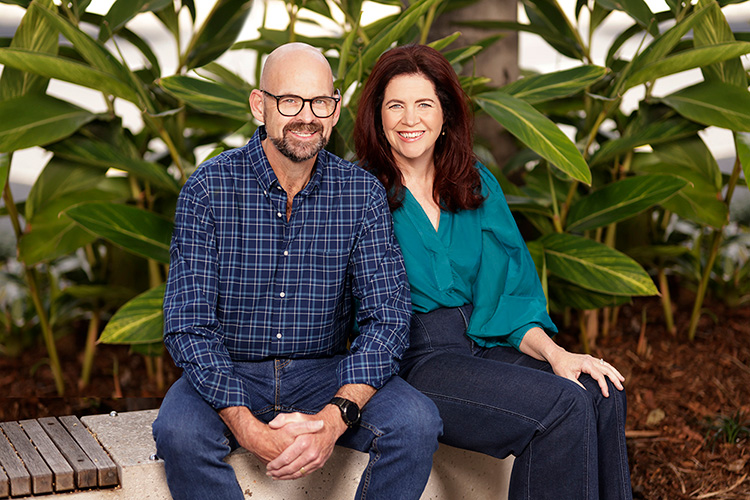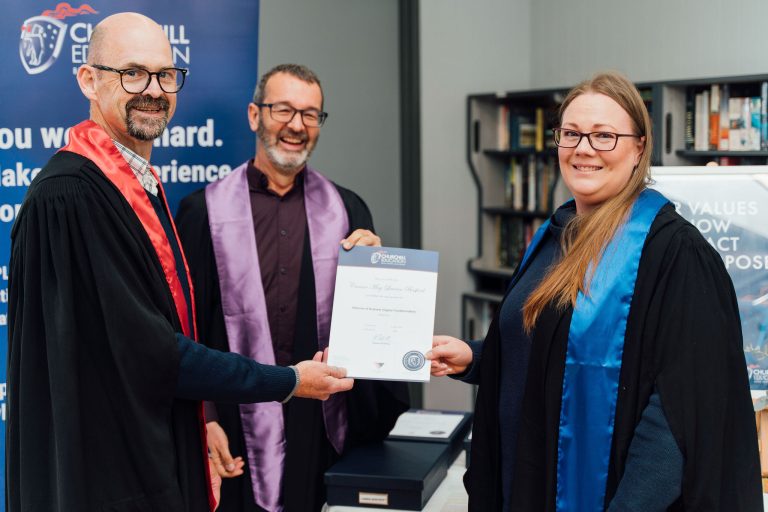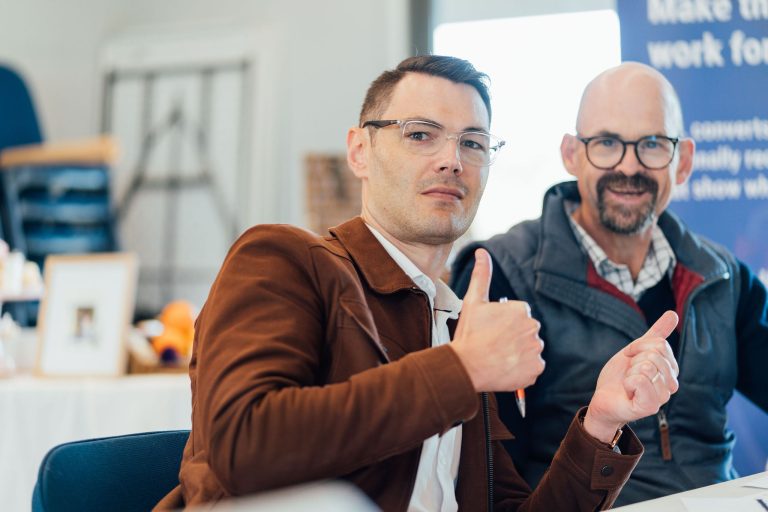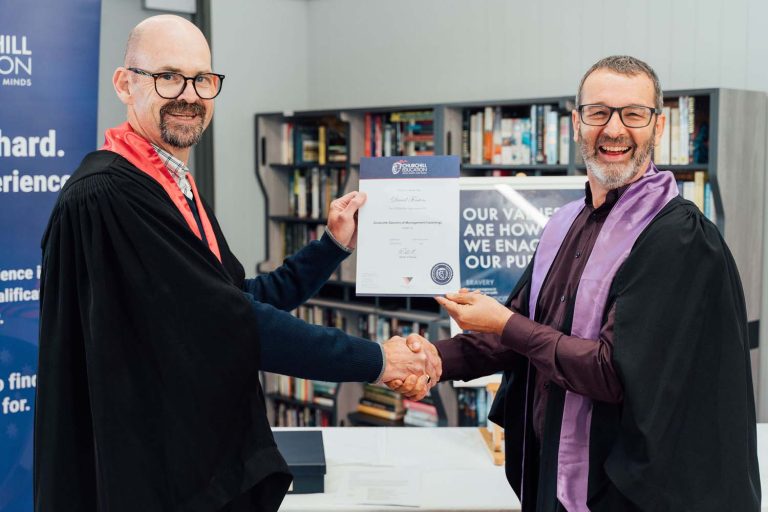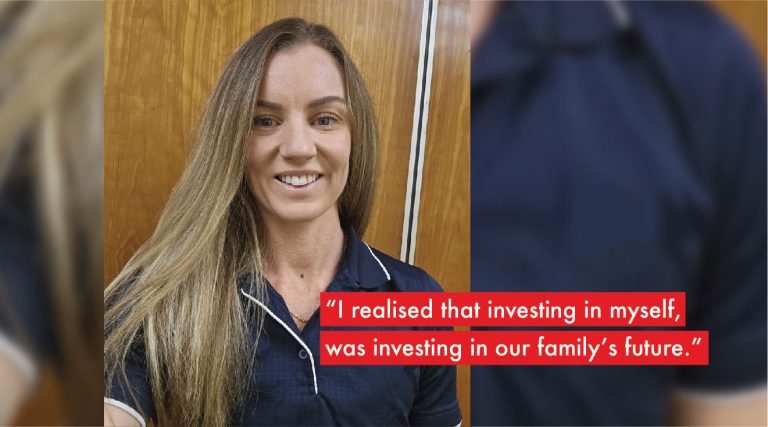More and more Australians hold multiple jobs. There are a variety of reasons why, but one thing is consistent across the board – more jobs (paid and voluntary) means greater eligibility for qualifications through Recognition of Prior Learning!
Okay, I admit it: I am not a fan of spreadsheets but I love statistics.
I always look at the odds when making decisions.
Whether it is a question of to book the middle seat on a plane or my odds of being successful in a pool of applicants for a gig, I weigh the odds.
They call it probability: what is the probability that the outcome will be good or bad?
And how can I make it work in my favour?
Listen to this story on our podcast – The Churchill Education Experience!
The Australian Bureau of Statistics loves stats too. Okay, they haven’t personally told me that but I’m 100% confident they do. It’s all in the name!
They released a statistic a few weeks ago that confirmed something Churchill has been noticing for a while…
The number of Australians with more than one job is increasing.
We see it in a range of ways, both paid and volunteer; for example,
- veterans moving into civilian careers whilst still serving in Australian Army Reserves;
- emergency services personnel holding second jobs on their rostered days-off;
- workplace trainers also taking on part-time work in the field to keep up their hands-on experience;
- starting a consultancy or small business as a side-hustle to a full-time job;
- serving on boards;
- volunteering in community organisations.
There are many reasons for holding multiple jobs…
Sometimes that second job is part of a deliberate strategy to aid transitioning careers, building up experience and networks into a new industry.
Sometimes it is a safety net for establishing a business.
Sometimes it is extra income.
And sometimes, it is because the work and people are enjoyable.
Recognition of Prior Learning for multiple jobs…
The extra responsibility, extended skills and knowledge often means you’ll be able to achieve a greater range of qualifications through the Recognition of Prior Learning (RPL) pathway.
For example, whenever we talk with an RPL candidate who is both an Australian Army Reservist and in a new civilian career, both career paths are on the table for their RPL evidence.
And it pays dividends in both qualification levels (remembering that Australian vocational qualifications follow a hierarchy from Certificate II all the way up past Bachelor degrees to Graduate Diplomas) and in the breadth of qualifications available to you from different areas of your experience.
Collect Your Evidence…
If you have been working in two or more positions (voluntary or paid), make sure you keep records for your RPL evidence bank. At minimum, you should consider keeping:
- position descriptions / statement of duties;
- organisational chart;
- internal training records;
- external courses you may complete;
- awards / certificates of appreciation;
- work examples.
Connect with colleagues from both positions through LinkedIn, remembering that many career opportunities can come to your attention through people you know. I’d encourage you to ask for recommendations on LinkedIn too – it is great social proof of your skills and knowledge.
If you have been working a second position and you would like to add that evidence to your RPL Evidence Portfolio, please let us know: 1300 793 002 / hello@churchilleducation.edu.au


